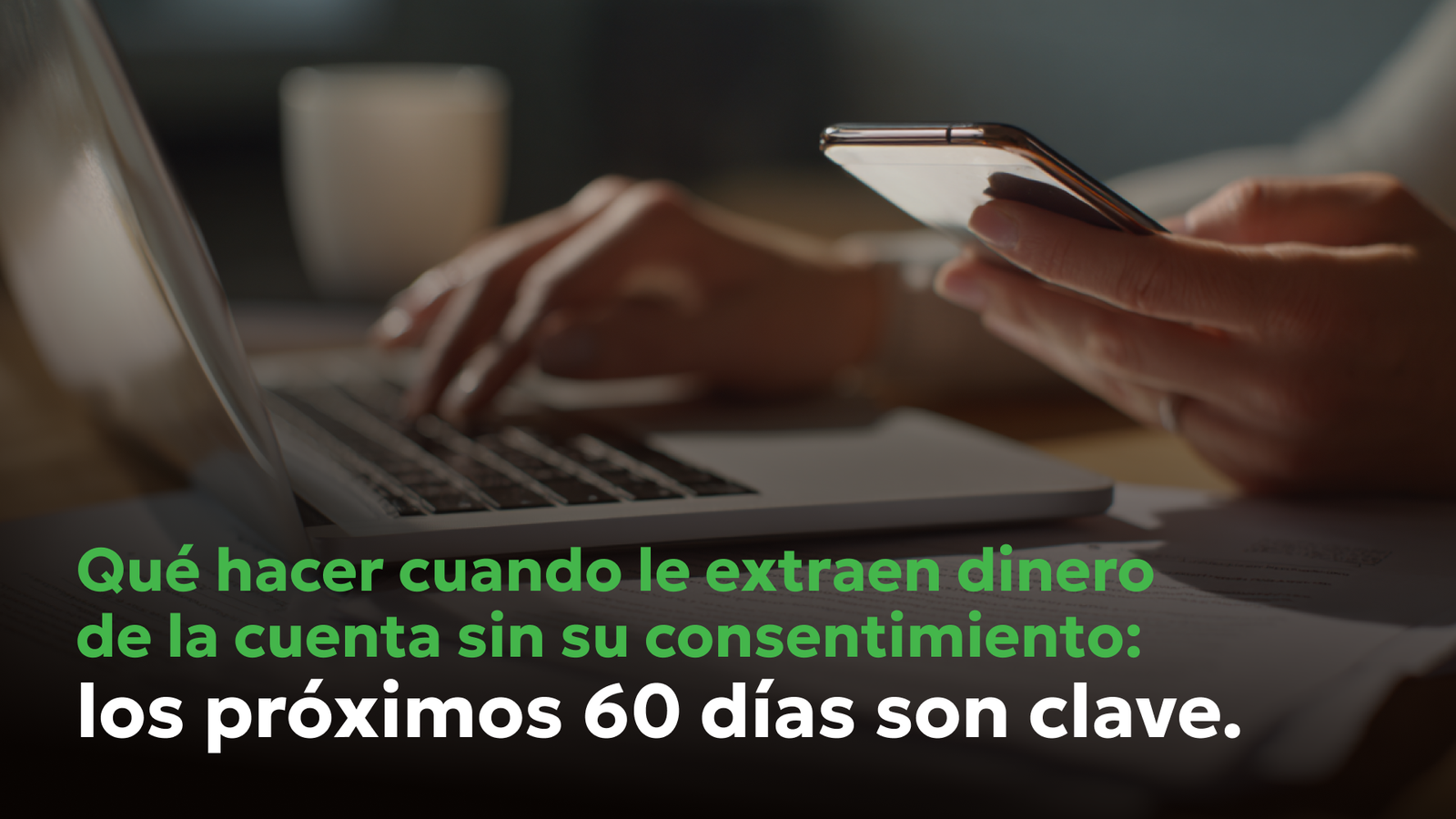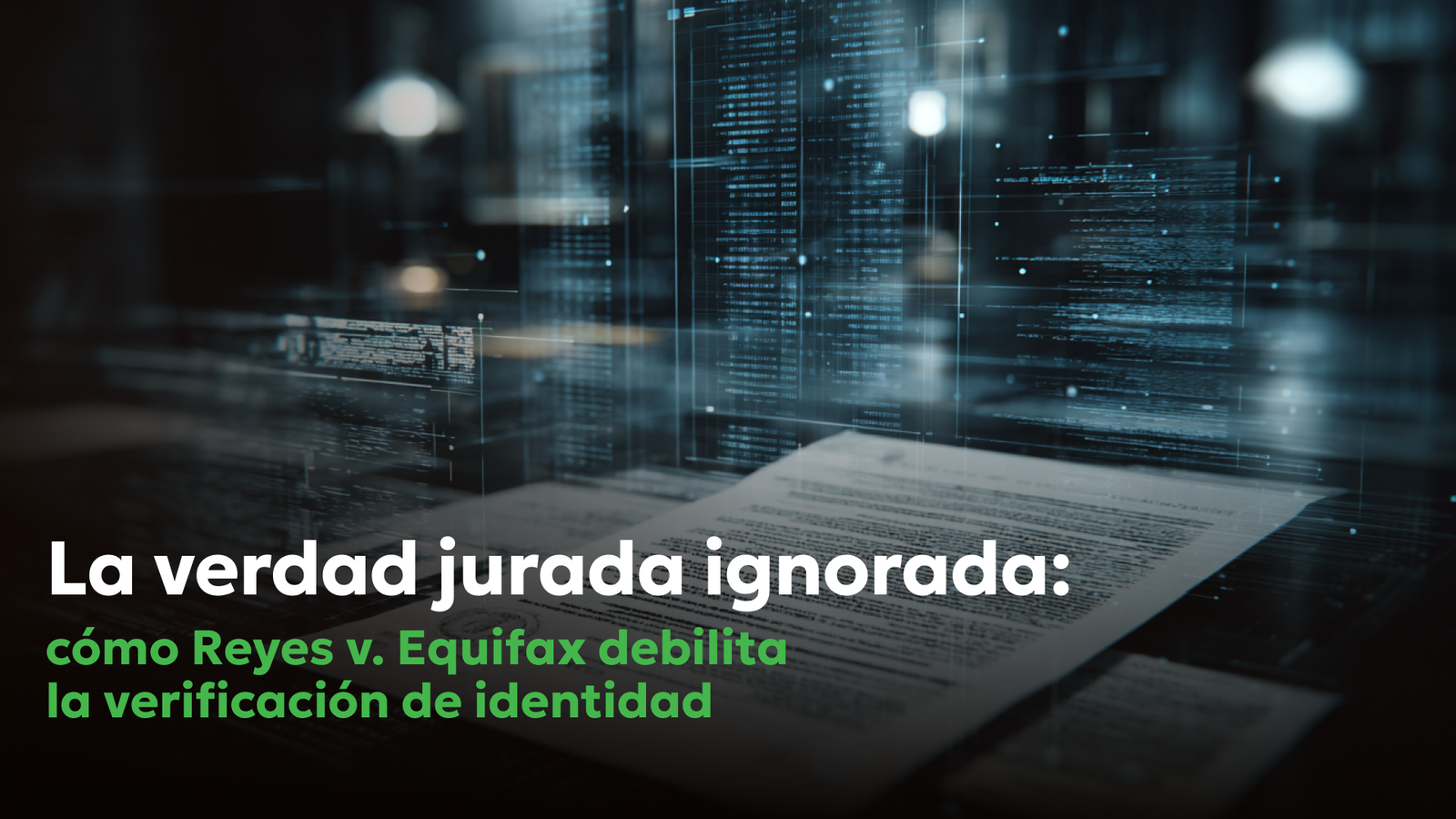¿Qué riesgo corre cuando alguien roba su identidad?
- Blog
- Robo de Identidad en Informe de Crédito
¿Qué riesgo corre cuando alguien roba su identidad?

Los peligros del robo de identidad
Navegar por los riesgos del robo de identidad: Consejos esenciales para proteger sus datos personales y financieros del uso no autorizado. Guía de abogados del consumidor Ser víctima de un robo de identidad puede perjudicarlo de muchas maneras, tanto financieramente como emocionalmente. Descubra cuáles son estas formas.
El robo de identidad es un delito que tiene efectos devastadores para sus víctimas. Hay múltiples resultados y posibles peligros. Sin embargo, se pueden agrupar en categorías.
Cuatro cosas están en riesgo cuando un delincuente roba su identidad. Estos incluyen su:
- Situación financiera
- Salud emocional
- Bienestar físico
- Situación social y jurídica
1. Situación financiera
Si le roban su identidad, ante todo, su situación financiera está en riesgo. El ladrón de identidad puede realizar una serie de actos delictivos para desmoronar sus finanzas. Pueden realizar compras a su nombre, abrir cuentas a su nombre o incluso hacerse cargo de sus inversiones y otras cuentas financieras mediante adquisiciones de cuentas.
Las posibilidades son infinitas al igual que calamitosas.
Los ladrones de identidad pueden apoderarse de sus propiedades financieras. Por lo tanto, su solvencia, hipoteca y otras inversiones corren el riesgo de hundirse.
También crea otras preocupaciones, como:
- Trabajar para restablecer su buen crédito
- Cerrar las cuentas bancarias comprometidas
- Disputar la actividad de un ladrón de identidad en su informe de crédito
- Comunicarse con la Administración del Seguro Social si un delincuente sigue utilizando su número de Seguro Social
- Trabajar con el Servicio de Impuestos Internos si es víctima de robo de identidad por reembolso de impuestos
Si el asunto se complica, es posible que deba contratar a expertos en el robo de identidad, y los honorarios legales pueden afectar sus finanzas.
2. Salud emocional
Enterarse de que se ha sido víctima de un robo de identidad desencadena una confusión de emociones y preguntas.
La primera es la confusión y luego la ira. Luego viene más confusión, miedo y desesperación.
¿Qué es más humillante que solicitar un empleo y que aparezcan antecedentes penales en su verificación de antecedentes? Aunque puede ser estresante arreglarlo, seguramente perjudicará su reputación. Peor aún, arruinará sus posibilidades inmediatas del empleo y hará que su autoestima se resienta.
En esta situación, los sentimientos de desesperación nunca están lejos.
Las encuestas realizadas por el Centro de Recursos contra el Robo de Identidad (ITRC, por sus siglas en inglés) en 2021 lo ponen todo muy claro. De las víctimas de robo de identidad que respondieron a las encuestas, muchas estaban estresadas mientras que otras se sentían muy ansiosas. Algunos otros se preocuparon por la seguridad financiera de sus familiares y personales.
El 10,3% de las víctimas se enfrentaron a pensamientos suicidas.
Levantarse de las ruinas puede afectar su mente y provocar depresión y aislamiento. Tratar con los cobradores de deudas también pone a prueba su resistencia emocional.
3. Bienestar físico
¿Sabe que el robo de identidad pone en riesgo su salud física?
La encuesta de ITRC informó que de los encuestados que fueron víctimas de robo de identidad, muchos temían por su seguridad física. Eso es totalmente comprensible porque si alguien puede acceder a algo tan confidencial como su información personal, debe preocuparse por su integridad física.
El 44% de los encuestados mencionaron problemas de salud debido al incidente.
Si el ladrón de identidad utiliza su identidad para cometer un delito, corre el riesgo de ser arrestado, algo que definitivamente lo alterará. Podría perder su casa si su crédito e hipoteca se ven afectados.
4. Situación social y legal
El robo de identidad coloca su posición social y legal en un lugar precario, si no peor.
Sacar su nombre de los malos registros conlleva cierto esfuerzo porque debe proporcionar innumerables datos de información a las autoridades competentes. Además, se necesitarán muchas correcciones, ya que tendrá su nombre junto a los delitos de los que no sabe nada.
Según la encuesta del ITRC, el 37,5% de las víctimas de robo de la identidad perdieron el trabajo, mientras que el 16,7% de ellas perdieron una oportunidad de empleo.
El robo de identidad supone incluso un desafío para sus relaciones personales. Dado que el mundo se ha convertido en una cibervilla, el Internet y el software han facilitado que personas sin escrúpulos obtengan acceso a las cuentas de redes sociales de otras personas.
Pueden hackear su cuenta o crear una nueva haciéndose pasar por usted. Esto les da la oportunidad de arruinar sus relaciones con sus contactos en las redes sociales.
Si un ladrón roba su identidad, sus finanzas, emociones, bienestar físico, así como su estatus legal y social están en riesgo. Sin embargo, si necesita ayuda para solucionar problemas relacionados con el robo de identidad, le recomendamos que se ponga en contacto con nosotros. Podemos ayudarle.


Daniel Cohen es el fundador de Consumer Attorneys. Daniel gestiona los esfuerzos de branding, marketing, captación de clientes y desarrollo de negocio de la firma. Desde 2017 es miembro de la Asociación Nacional de Defensores del Consumidor y del Centro Nacional de Derecho del Consumidor. Es reconocido nacionalmente en la protección de los consumid... Leer más





Artículos relacionados




R
ES™Usted no asume ningún gasto. La ley exige que ellos paguen.


